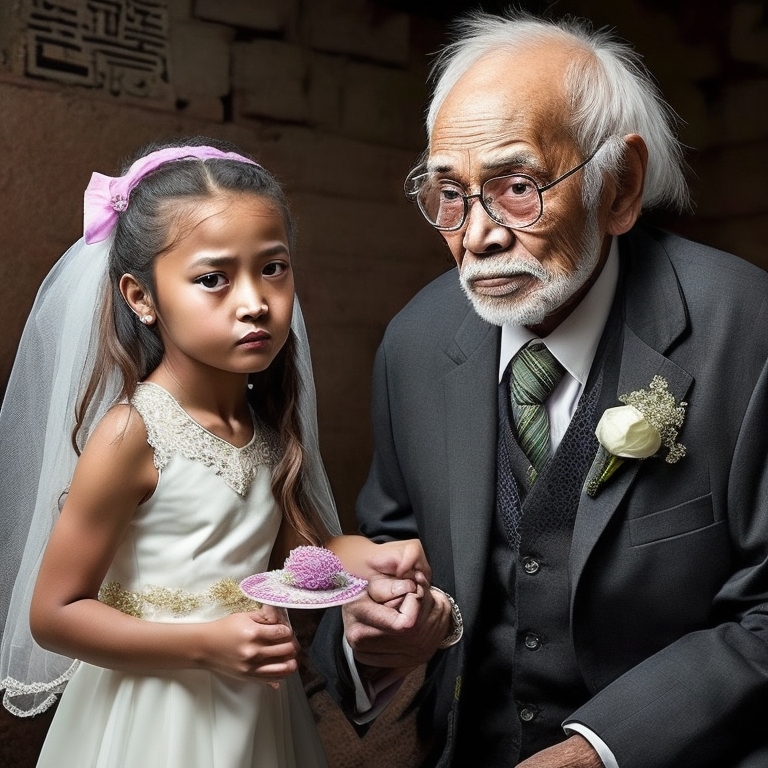The consequences of forced marriage are severe and far-reaching. Girls who are forced into marriage at a young age are often denied access to education, healthcare, and economic opportunities. They are also at a higher risk of experiencing domestic violence and other forms of abuse. In addition, child brides in Yemen are more likely to suffer from complications during pregnancy and childbirth, as their bodies are not yet fully developed to handle the physical demands of childbirth.
Efforts to combat forced marriage in Yemen have been met with resistance from traditionalists who uphold the practice as a cultural norm. However, in recent years, there has been a growing movement to raise awareness about the harmful effects of forced marriage and to advocate for the rights of young girls to make their own choices about marriage. Organizations such as the Yemeni Women’s Union and local human rights groups have been working tirelessly to provide support and resources to girls at risk of forced marriage and to empower them to stand up for their rights.
While progress has been slow, there have been some successes in the fight against forced marriage in Yemen. In 2019, the Yemeni Parliament passed a law setting the minimum age of marriage at 18, although enforcement of this law remains a challenge. Civil society organizations continue to push for legal reform and increased protection for young girls at risk of forced marriage.
Ultimately, addressing forced marriage in Yemen requires a multi-faceted approach that addresses the underlying cultural beliefs and practices that perpetuate the practice. By raising awareness, providing education and economic opportunities for girls, and strengthening legal protections, we can work towards ending forced marriage in Yemen and ensuring that all young girls have the right to choose their own path in life.
Human right activist
Nada Foundation
